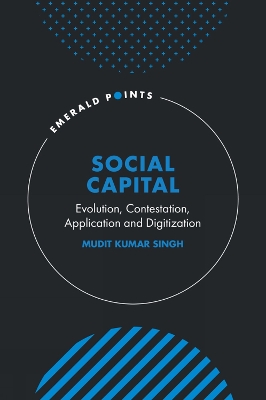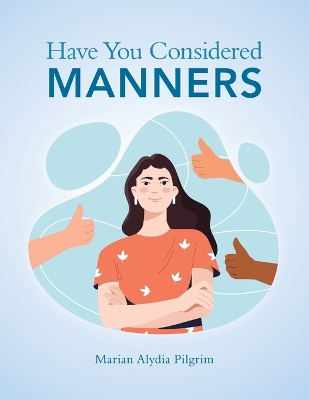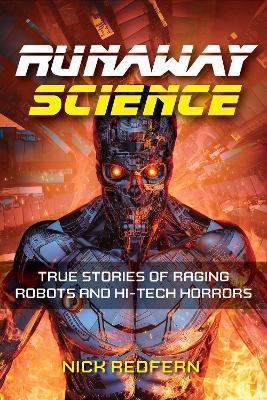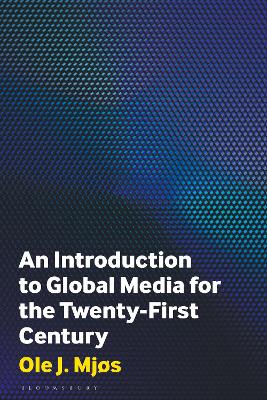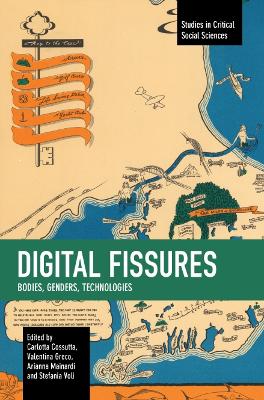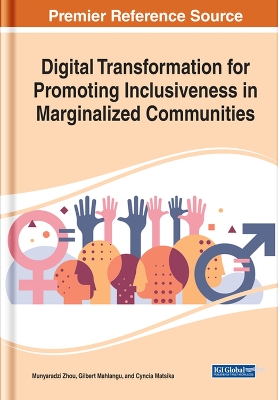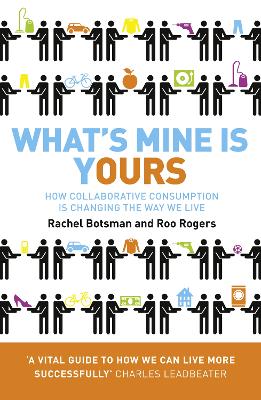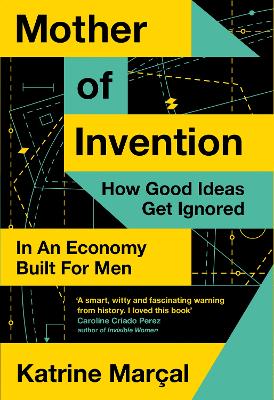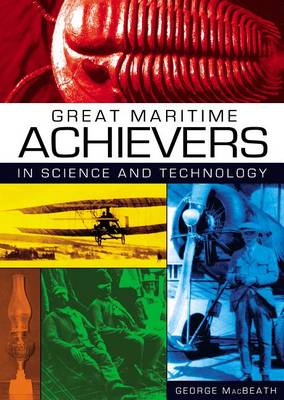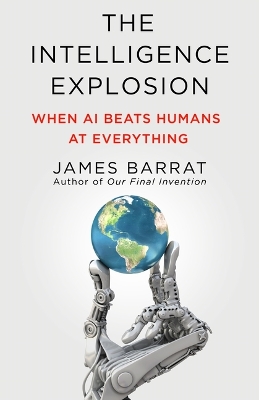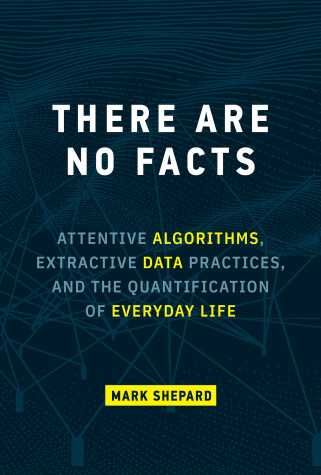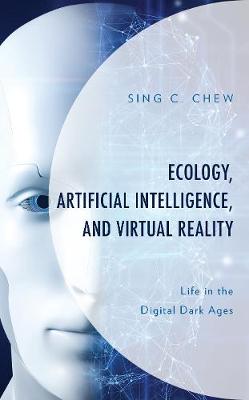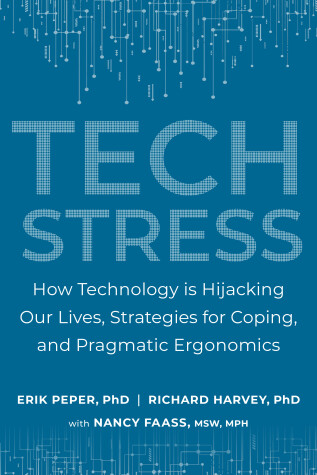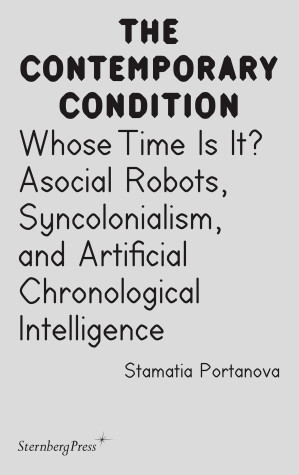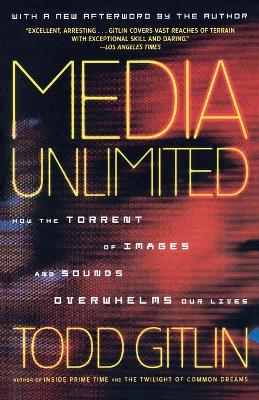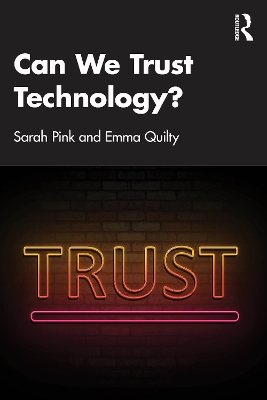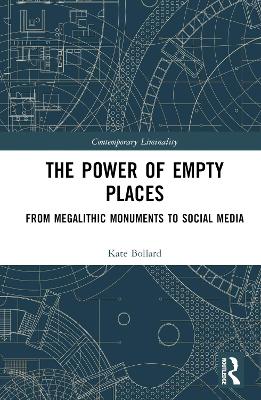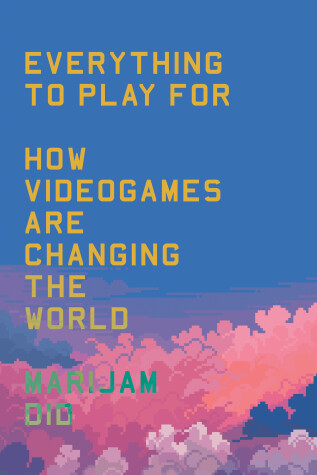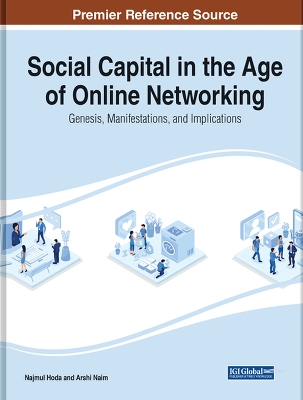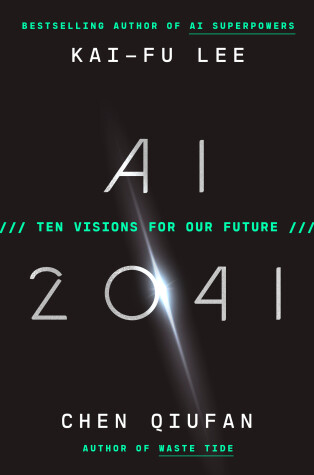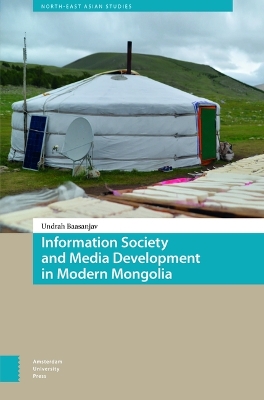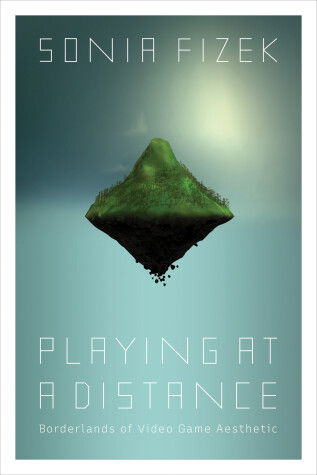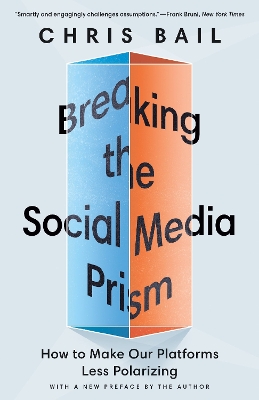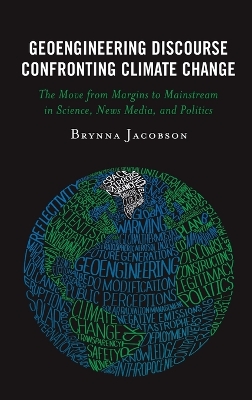Is our understanding of social capital consistent with development interventions and the digital world? Social Capital: Evolution, Contestation, Application and Digitization delves into the intricacies of social capital and its digital dimensions, examining its historical evolution, contemporary contestation and practical applications. Introducing a refurbished conceptualization of social capital, Mudit Kumar Singh introduces case studies from both the Global North and the Global South, includin...
An Introduction to Global Media for the Twenty-First Century provides a thorough introduction to the field of global media today. The book presents the key changes taking place as the global media landscape evolves, and the main theories of the field, that explain these developments. Tracing, first, the formative development of an international and global media landscape throughout the 20th century from the telegraph, television and film export, and transnational television to the Internet, the...
Digital Fissures offers numerous lenses through which to explore the relationships between genders, bodies and technologies. It rethinks feminist archives, argues for inserting postpornography into academia, approaching sex toys from a transpositive perspective, and examines attempts to dismantle the foundations of techno-capitalism. Each chapter works to reimagine the body as a hybrid, malleable and subversive source of potentiality. These essays provide readers with road maps for unimagined an...
Digital Transformation for Promoting Inclusiveness in Marginalized Communities
One of the realities characterizing the globe is the exclusion of marginalized communities in digital transformation. Their exclusion has resulted in a lack of participation in the digital space, which has catastrophic consequences on the digital economy. To promote digital inclusiveness in marginalized communities, there is a need to deconstruct the illusion that digital transformation is an urban phenomenon. Digital Transformation for Promoting Inclusiveness in Marginalized Communities discu...
In the 20th century humanity consumed products faster than ever, but this way of living is no longer sustainable. This new and important book shows how technological advances are driving forms of ‘collaborative consumption’ which will change forever the ways in which we interact both with businesses and with each other. The average lawn mower is used for four hours a year. The average power drill is used for only twenty minutes in its entire lifespan. The average car is unused for 22 h...
WATERSTONES BEST POLITICAL BOOKS OF THE YEAR 2021 LONGLISTED FOR THE ANDREW CARNEGIE MEDAL ‘I am absurdly excited for this book’ Caroline Criado Perez Bestselling author Katrine Marçal reveals the shocking ways our deeply ingrained ideas about gender continue to hold us back. Every day, extraordinary inventions and innovative ideas are side-lined in a world that remains subservient to men But i...
Great Maritime Achievers in Science and Technology
by George MacBeath
Generations of practical and ingenious Maritimers have given the word great things. Since the mid-nineteenth century, scientists have fanned out into the world from colleges and universities that are among the oldest in North America. Great Maritime Achievers in Science and Technology brings together the achievements of more than 30 of these trail-blazing scientists and inventors, many of whom gained national and international prominence in the second half of the nineteenth century and the first...
The entanglements of people and data, code and space, knowledge and power: how data and algorithms shape the world—and shape us within that world. With the emergence of a post-truth world, we have witnessed the dissolution of the common ground on which truth claims were negotiated, individual agency enacted, and public spheres shaped. What happens when, as Nietzsche claimed, there are no facts, but only interpretations? In this book, Mark Shepard examines the entanglements of people and data, c...
Ecology, Artificial Intelligence, and Virtual Reality (Environment and Society)
by Sing C Chew
Re-envisioning your relationship with technology to reclaim health, happiness, and sanity in a plugged-in world Evolution shapes behavior--and as a species, we've evolved to be drawn to the instant gratification, constant connectivity, and the shiny lights, beeps, and chimes of our ever-present devices. In earlier eras, these hardwired evolutionary patterns may have set us up for success, but today they confuse our instincts, leaving us vulnerable and stressed out from fractured attention, miss...
Whose Time Is It? (Sternberg Press / The Contemporary Condition)
by Stamatia Portanova
Following the “emerging life adventures and experiences” of Sophia, a robot animated by blockchain and AI, to present a study in temporal automation. In what way do the two technologies of blockchain and artificial intelligence actualize and, crucially, automatize the cognition of time? These kinds of machines are increasingly part of both our contemporary present and our prospective future, but how do we really define a present and a future? And more important, how do these machines themselves...
Everyone knows that the media surround us, but no one quite understands what this means for our lives. In "Media Unlimited," a remarkable and original look at our media-glutted, speed-addicted world, Todd Gitlin makes us stare, as if for the first time, at the biggest picture of all. From video games to elevator music, action movies to reality shows, Gitlin evokes a world of relentless sensation, instant transition, and nonstop stimulus. He shows how all media, all the time fuels celebrity worsh...
As emerging technologies like Artificial Intelligence, automated, and robotic technologies become increasingly prominent in our possible futures, there is growing anxiety about if they can be trusted. Governments, industry organisations and research funders are investing millions in the quest to design trustworthy technologies. But is a future where trusted technologies organise our lives for us even plausible? How do tech workers and researchers design or make technologies that we can trust? Is...
Social media has been established as a central feature of the modern world and a propagator of contemporary culture. Political anthropology is employed as a method to understand digital fascination in the modern world. The theory of the void is utilised to examine the destructive features of social media that induce an unreality and provoke users to unfold in alternate ways. Classifying the realm of social media as a void illustrates how the intangible non-place is a divisive feature of modernit...
An insider’s account of the videogame industry telling how gaming can become a force for good Everything To Play For asks if videogames can achieve egalitarian goals instead of fuelling hyper-materialist, reactionary agendas. Combining cultural theory and materialist critiques with accessible language and personal anecdotes, industry insider Marijam Did engages both novices and seasoned connoisseurs. From the innovations of Pong and Doom to the intricate multiplayer or narrative-driven games, t...
Social Capital in the Age of Online Networking
How will AI change our world within twenty years? A pioneering technologist and acclaimed writer team up for a “dazzling” (The New York Times) look at the future that “brims with intriguing insights” (Financial Times) A BEST BOOK OF THE YEAR: The Wall Street Journal, The Washington Post, Financial Times Long before the advent of ChatGPT, Kai-Fu Lee and Chen Qiufan understood the enormous potential of artificial intelligence to transform our daily lives. But even as the world wakes up to the...
Information Society and Media Development in Modern Mongolia (North East Asian Studies)
by Undrah Baasanjav
The book provides an account of Mongolian information society from the perspective of critical media studies. The converged media sphere in modern Mongolia mirrors and shapes political communication, economic outlook, institutional norms, and Mongolian identity. When placing Mongolia on the global information society map, the arguments in the book juxtapose information society tenets and structural constraints like the small market, communist past, and mining-dependent economy. Today, people in...
An essential exploration of the video game aesthetic that decenters the human player—requiring little human action—and challenges what it means to play. Do we play video games or do video games play us? Is nonhuman play a mere paradox or the future of gaming? And what do video games have to do with quantum theory? In Playing at a Distance, Sonia Fizek engages with these and many more daunting questions, forging new ways to think and talk about games and play that decenter the human player and e...
A revealing look at how user behavior is powering deep social divisions online—and how we might yet defeat political tribalism on social mediaIn an era of increasing social isolation, platforms like Facebook and Twitter are among the most important tools we have to understand each other. We use social media as a mirror to decipher our place in society but, as Chris Bail explains, it functions more like a prism that distorts our identities, empowers status-seeking extremists, and renders moderate...
Geoengineering, the idea of addressing climate change through large-scale technological projects, is a unique example of a contested emerging technology. It stands out in the degree to which both its scope of possibilities and its premise are characterized by global existential risks. Despite controversy, this field has been shifting toward mainstream consideration. Geoengineering Discourse Confronting Climate Change: The Move from Margins to Mainstream in Science, News Media, and Politics exami...
